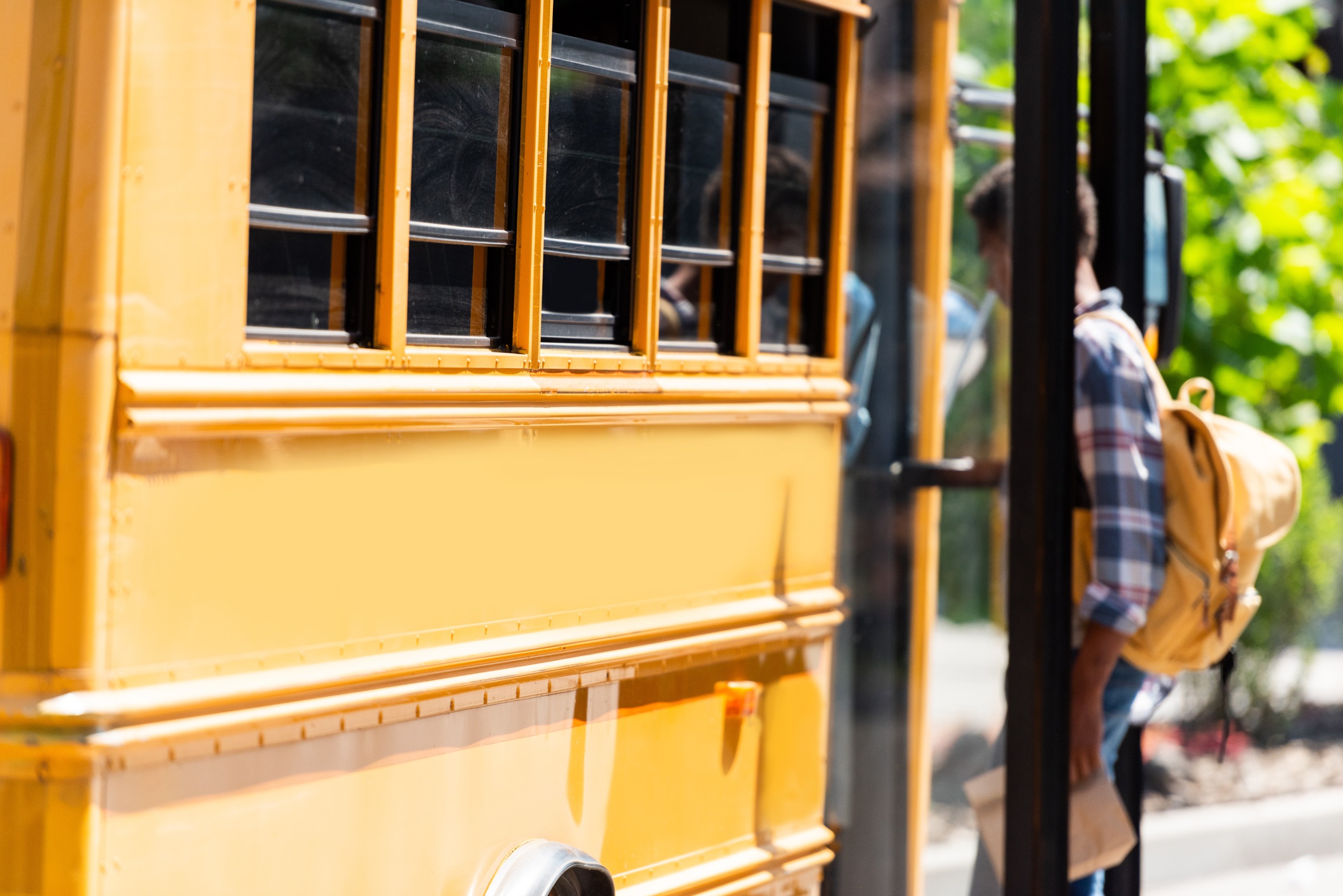The daily quandary of when to introduce smartphones to tweens resonates with parents worldwide. Greystones, County Wicklow, in Ireland, however, didn’t just grapple with this challenge individually but united to create a town-wide ‘no-smartphone code.’ The collaborative endeavor aims to alleviate the peer pressures associated with smartphone ownership among children.
Rachel Harper, headteacher at St. Patrick’s School, reflected on the community’s motivation: “Parents, even at the junior end, were already getting worried about what age their kids were going to be asking for smartphones.”
Concerns validated: scientific support for delayed access
Parents’ concerns are consistent with research data about smartphone use and youth mental health. Several studies have found a concerning link between increased smartphone use among children and rising mental anguish. In fact, during a systematic review of academic research exploring smartphones, social media use, and the mental health of young individuals in 2020, findings revealed a simultaneous increase in mental distress and treatment for mental health conditions over the past decade, correlating with the surge in smartphone utilization among children and adolescents. Harper underlined the importance of delaying smartphone usage to allow youngsters to mature emotionally and safely navigate online places.
Christina Capatina, a Greystones mom, agreed, highlighting the value of preserving childhood and promoting face-to-face contact over digital participation.
Redefining childhood norms
Parents in Greystones chose to delay smartphone access until their children reached the age of 12 as a result of the town-wide agreement. Capatina praised the simplicity and effectiveness of the initiative: “It has completely solved the problem.”
The code’s voluntary nature hasn’t diminished its impact. Despite some opting out, sufficient participation has developed a norm in which being phone-free is accepted. Contrary to misconceptions, Harper clarified their stance: “We’re not against technology…just asking them to wait till secondary school.”
A global echo: inspiring communities around the world
Greystones is an example of parental empowerment and collaborative action eight months into the agreement. Harper’s revelation about obtaining support from school principals around the world demonstrates the universality of parents’ concerns over children’s smartphone use.
The success of the program has piqued the interest of policymakers, with ministers developing recommendations to assist municipalities looking to replicate Greystones’ approach. Harper took delight in their role as ambassadors, emphasizing the good impact of their actions as a group.
Greystones’ pioneering ‘no-smartphone code’ offers an innovative solution for resolving parental concerns and reshaping childhood standards. The combined effort of this town not only empowers parents but also encourages global conversations, suggesting a collective effort toward a balanced digital future for children globally.












